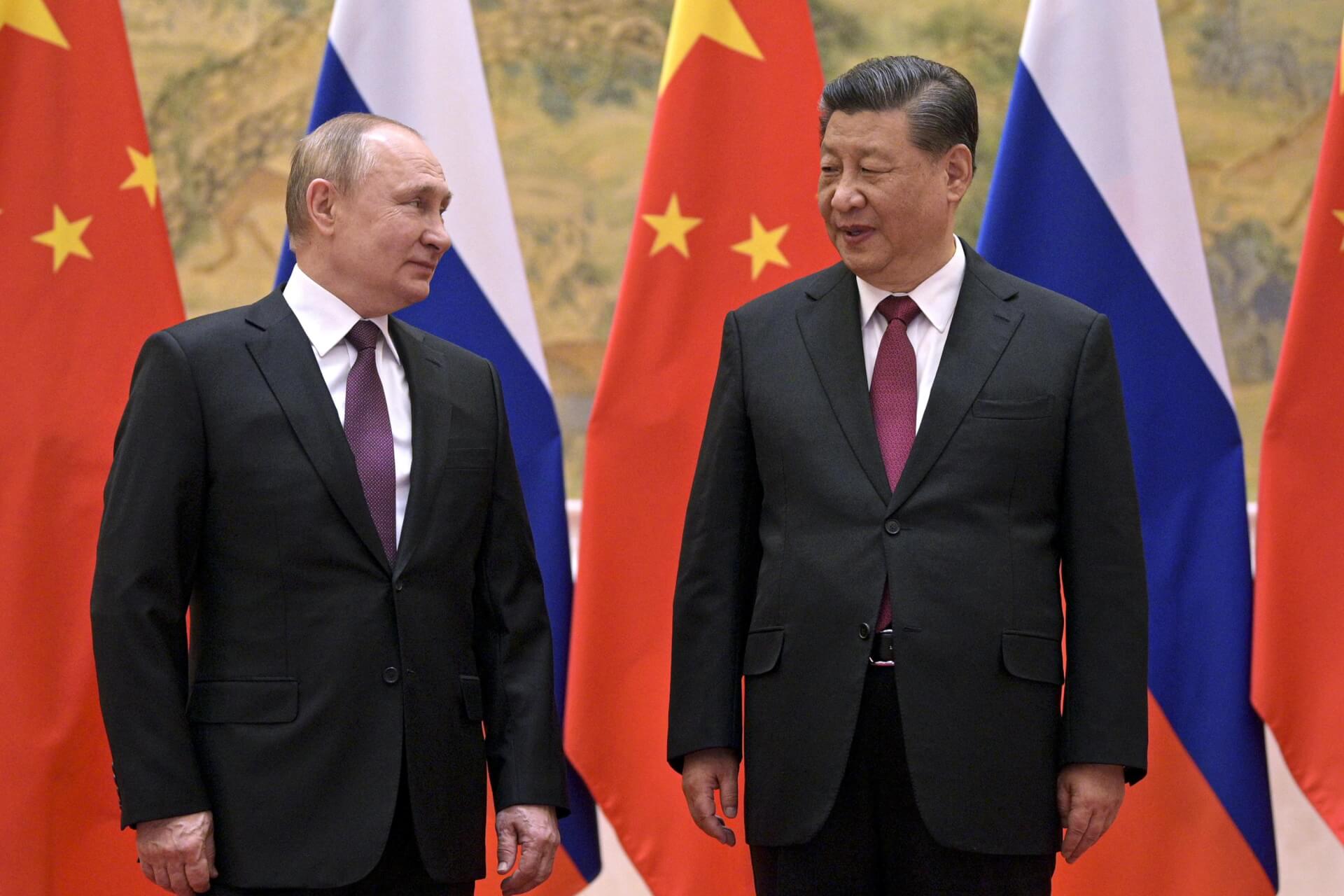A Chinese media house on Tuesday accidentally posted “instructions” on censoring information related to the Russia-Ukraine conflict. Horizon News, a subset of Beijing News, which is owned by the Chinese Communist Party, accidentally posted its guidelines on covering the rising tensions to its Weibo page.
According to The Washington Post, Horizon News stated in its since-deleted Weibo post that any content showcasing Russia unfavourably will fail to meet publishing requirements. The same rule applied to any pro-Western framing. The Post article also noted that Chinese media outlets have been describing the Ukraine crisis as “escalating under American provocation.”
Since the onset of the conflict between Moscow and Kyiv, Beijing has attempted to approach the situation with diplomatic caution. While answering several questions regarding Chain’s position on developments in Ukraine during his regular press conference yesterday, Chinese Foreign Ministry spokesperson Wang Wenbin repeatedly insisted that “China’s position on the Ukraine issue is consistent.”
Beijing News social media account accidentally posts its own censorship orders from high up: ban on posts that are “not positive toward Russia or positive toward West”, all user comments must be carefully screened and slowly posted.
— Gerry Shih (@gerryshih) February 22, 2022
P.S. social media guy: you had one job… https://t.co/nvVx52D2Gl
Noting that “the situation in Ukraine is getting worse,” Wang evaded directly answering questions on using Beijing’s influence on Moscow and called on “all parties to exercise restraint, appreciate the importance of implementing the principle of indivisible security, and de-escalate the situation and resolve differences through dialogue and negotiation.”
Although China has attempted to tread carefully on the Russia-Ukraine conflict, its bias towards Moscow has nonetheless been made clear. In support of Russia’s provocations, Chinese Foreign Minister Wang Yi has gone as far as to justify Russia’s security concerns as “legitimate,” saying they should be “taken seriously and addressed.”
Similarly, when Russian President Vladimir Putin declared Donetsk and Luhansk, two breakaway territories in the Donbas region of Eastern Ukraine, as “independent states” earlier this week, China offered a veiled acceptance of the move.
An article published on Tuesday by Chinese state-owned media house Global Times said that “The situation shows that Russia has seen through the weakness of the West led by the US [United States] and decided to take more direct actions to push the US and NATO to respond to its security concerns.”
Commenting on this diplomatic predicament, The Post quoted Amanda Hsiao, a senior China analyst at the International Crisis Group, as saying: “China faces quite a pickle in this situation. Beijing will not condemn Russia’s moves nor recognize Donetsk and Luhansk’s independence, but it will also likely provide moral support—and perhaps a degree of financial support in the event of Western sanctions.”
To further cement their burgeoning camaraderie, Russia and China have affirmed their intention to work together in other areas as well, including Afghanistan and Central Asia. Last year, the two also signed a roadmap for closer military ties between the two countries due to concerns over US military activity at their borders, especially US-NATO activity near Russian borders and the US’ support for Taiwan.

